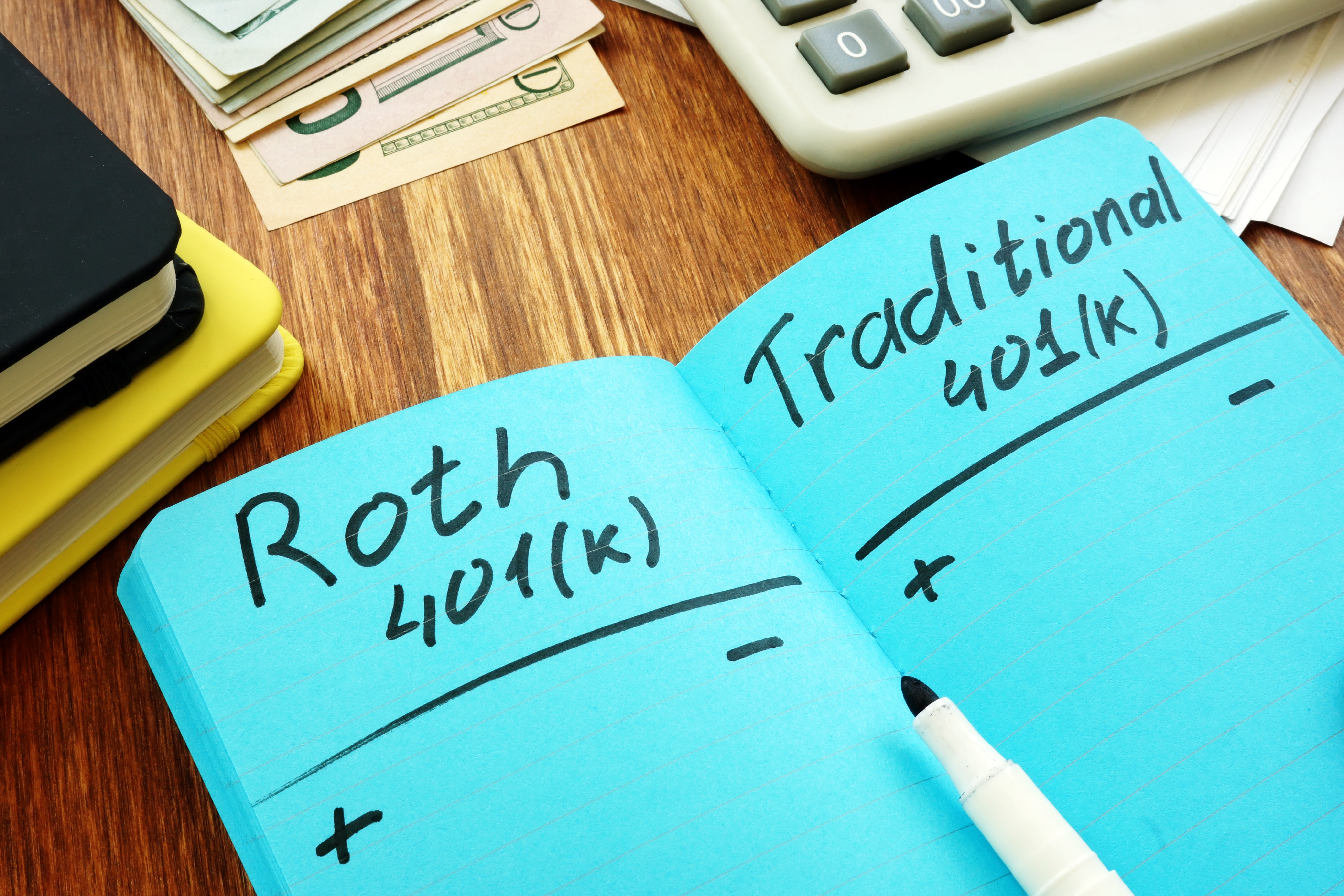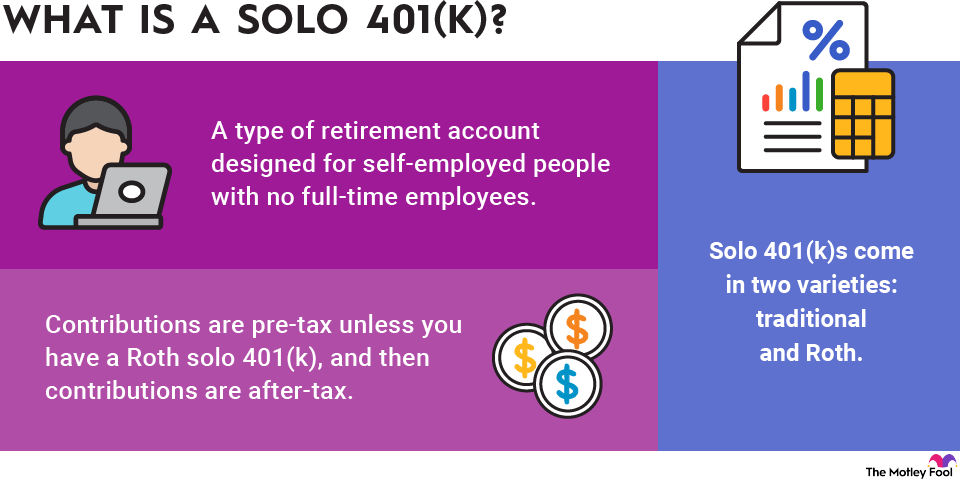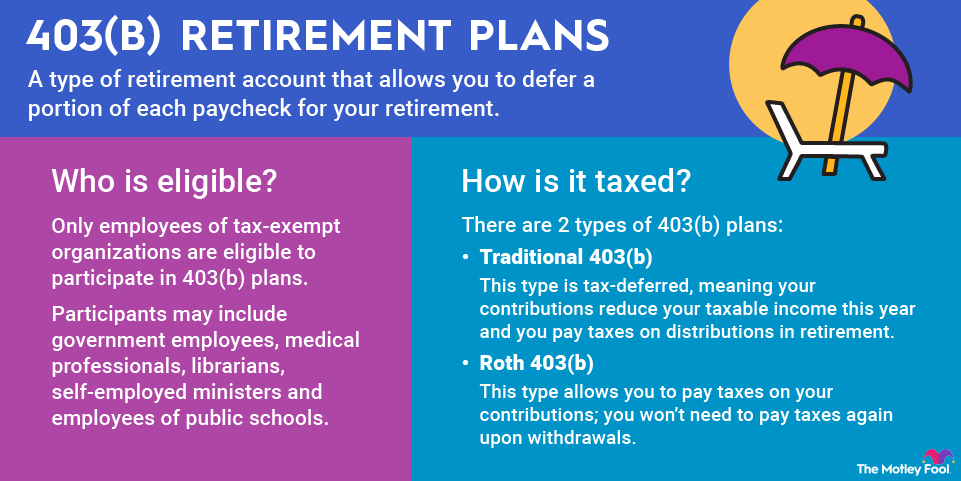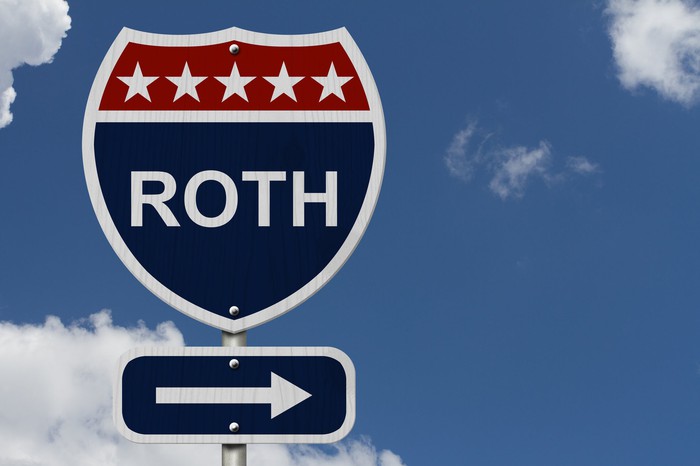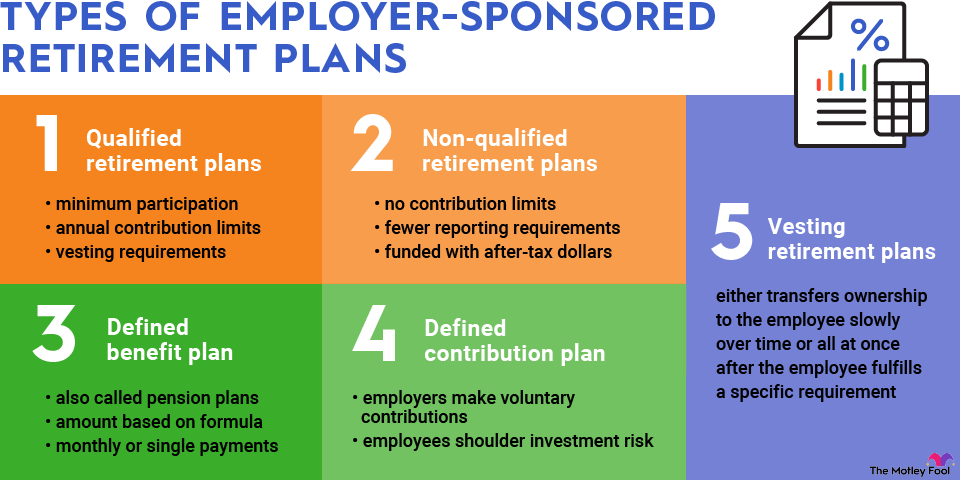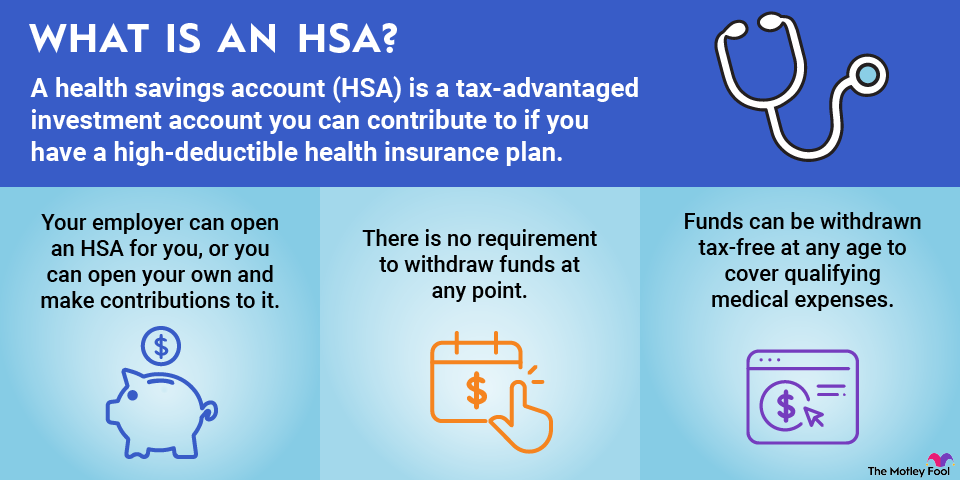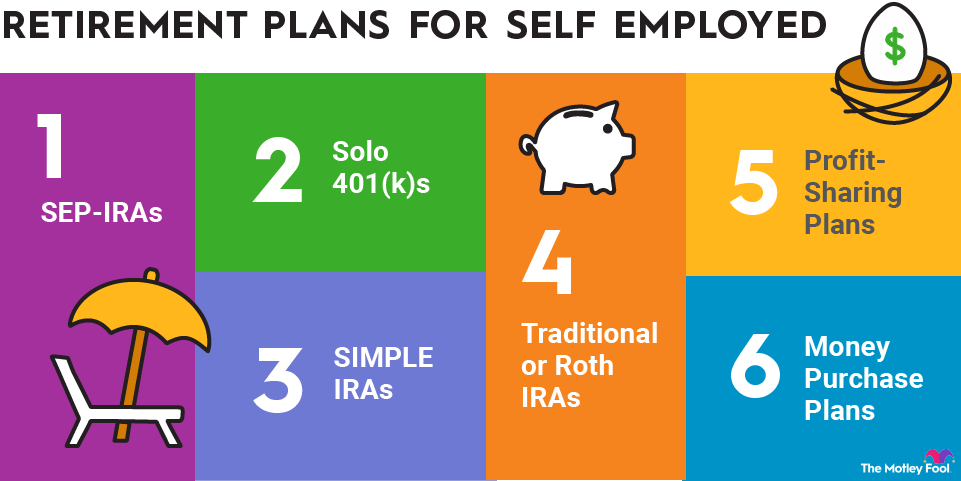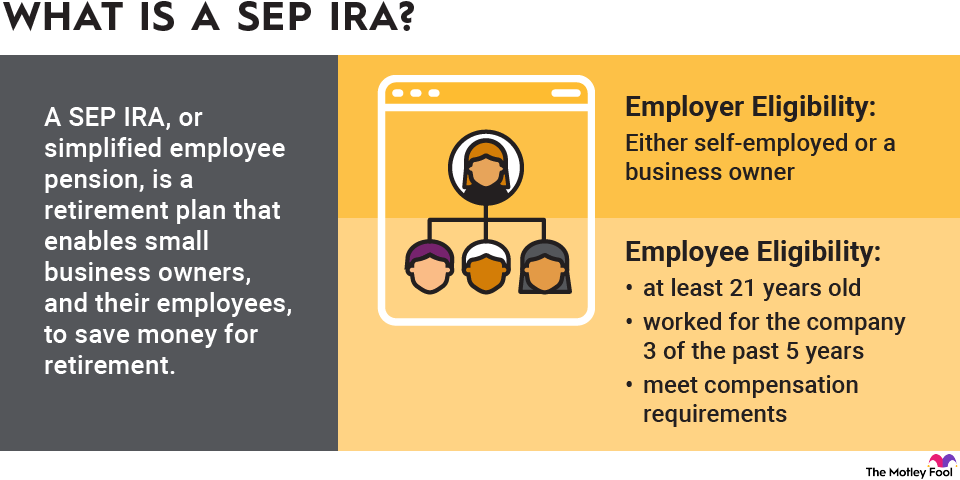A profit-sharing plan is a type of retirement savings plan that enables workers to share in their company's profits. Businesses of all sizes can offer profit-sharing plans. But, unlike most types of retirement accounts, workers cannot make their own contributions to these plans.
If your employer offers a profit-sharing plan, it can decide whether to put money into your plan and how much to contribute. But companies must establish a set formula to determine how they will calculate contributions. For example, the company may decide to contribute up to 5% of each qualifying employee's salary.

What is a profit sharing plan?
Profit sharing plans are defined contribution plans. Unlike a defined benefit plan, this type of retirement plan does not provide you with guaranteed income in your later years. In fact, there is no guarantee your employer will even put money into it each year.
Despite the name, company profitability isn't a requirement for a profit sharing plan. Your company may contribute to your plan even before it's profitable.
Profit sharing plan contributions may fully belong to you right away or they may vest over time. This varies between companies.
How do profit-sharing plans work?
When your employer decides to contribute to a profit-sharing plan, the money goes into an account earmarked for you.
Your employer can contribute up to the lesser of 100% of your compensation or an annual maximum of $70,000 in 2025 and $72,000 in 2026. Because employees can't contribute to a profit-sharing plan, there are no catch-up contributions for older workers.
Your employer must explain in writing how it will allocate contributions among employees. Generally, it must include all employees in the plan unless they fall within permissible exceptions, such as if they're younger than 21 or haven't worked for the company for at least one to two years.
Depending on your company, contributions may be yours to keep immediately, or they may follow a vesting schedule. If employers require two years of service before becoming eligible for a profit-sharing plan, contributions have to vest immediately.
While your company can choose the amount it contributes, contributions for owners and managers must be proportional to those made for rank-and-file employees.
Contributions may be cash or company stock. Depending on your plan, you may get to decide how the money is invested once it’s in your account. In other cases, your company will manage the money on your behalf.
Types of profit-sharing plans
Companies can use several approaches to decide how to allocate contributions to profit-sharing plans. The most common types of profit-sharing plans are pro rata, new comparability, and age-weighted. Here's an overview of several popular types of profit-sharing plan formulas.
Profit Sharing Plan Type | Plan Description |
|---|---|
Flat dollar amount | Employers contribute the same amount to every employee's account. For example, each employee might receive $2,000. |
Pro rata/Salary proportional | Each participant receives a percentage of their annual income. For example, everyone might get 5% of their salary. |
New comparability plan/Cross testing | Plan participants are divided into classes or groups, each of which has a unique contribution formula. With this approach, highly compensated employees can't receive a disproportionately higher benefit (as a percent of pay) if the company wants to retain tax benefits. |
Age-weighted | Contributions are higher for older employees. |
Permitted disparity method/Social Security integration plan | Because Social Security benefit amounts are calculated only on income up to the wage base limits ($176,100 in 2025 and $184,500 in 2026), this method allows for larger contributions on income above this limit. |
Related retirement topics
Profit-sharing plan rules
If your employer offers you a profit-sharing plan, make note of what happens when you leave the company and when you can withdraw the funds. Typically:
- You cannot withdraw money in a profit-sharing plan before age 59 1/2 without a 10% early withdrawal penalty. But administrators of a profit-sharing plan have more flexibility in deciding when a worker can make a penalty-free withdrawal than they would with a traditional 401(k).
- Distributions from a profit-sharing plan are taxed at ordinary income tax rates.
- Some plans may allow loans, but this is up to each employer to decide.
- You can choose an IRA rollover for vested contributions when you leave the company.
Profit-sharing plan vs. 401(k)
The key difference between a profit-sharing plan and a 401(k) plan is that only employers contribute to a profit-sharing plan. If employees can also make pre-tax, salary-deferred contributions, then the plan is a 401(k).
Employee contributions are always 100% vested in a 401(k), whereas business owners contributing to a profit-sharing plan can impose vesting requirements. That means you may forfeit these contributions if you don't fulfill certain minimum work requirements.
Employees get the best of both worlds when an employer offers a 401(k) while also offering a profit-sharing plan. However, workers don't get to choose what type of retirement plan employers provide.
If your company offers a profit-sharing plan but no 401(k), look into other tax-advantaged contribution plans, such as an individual retirement account (IRA), so you can invest for your future.

